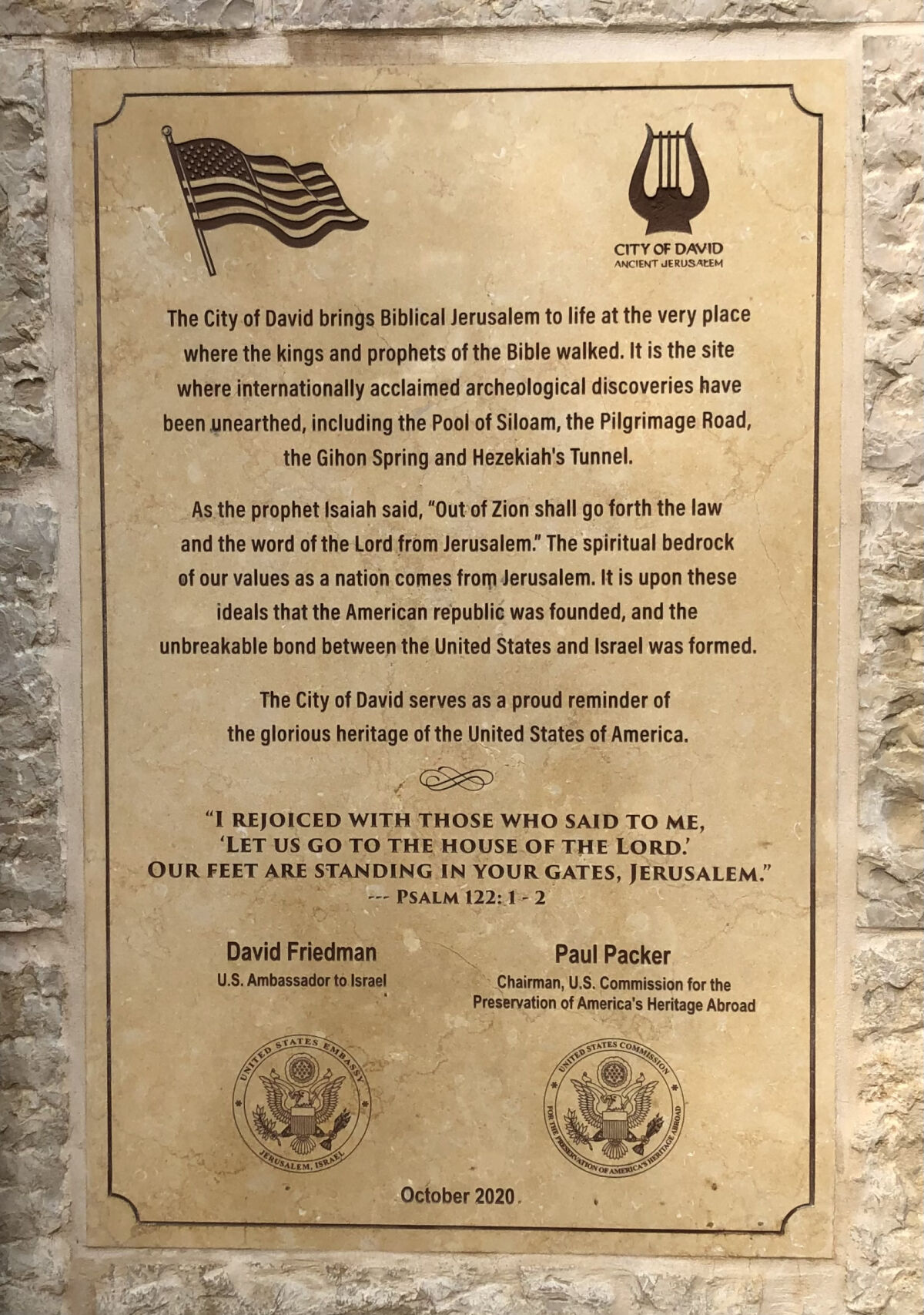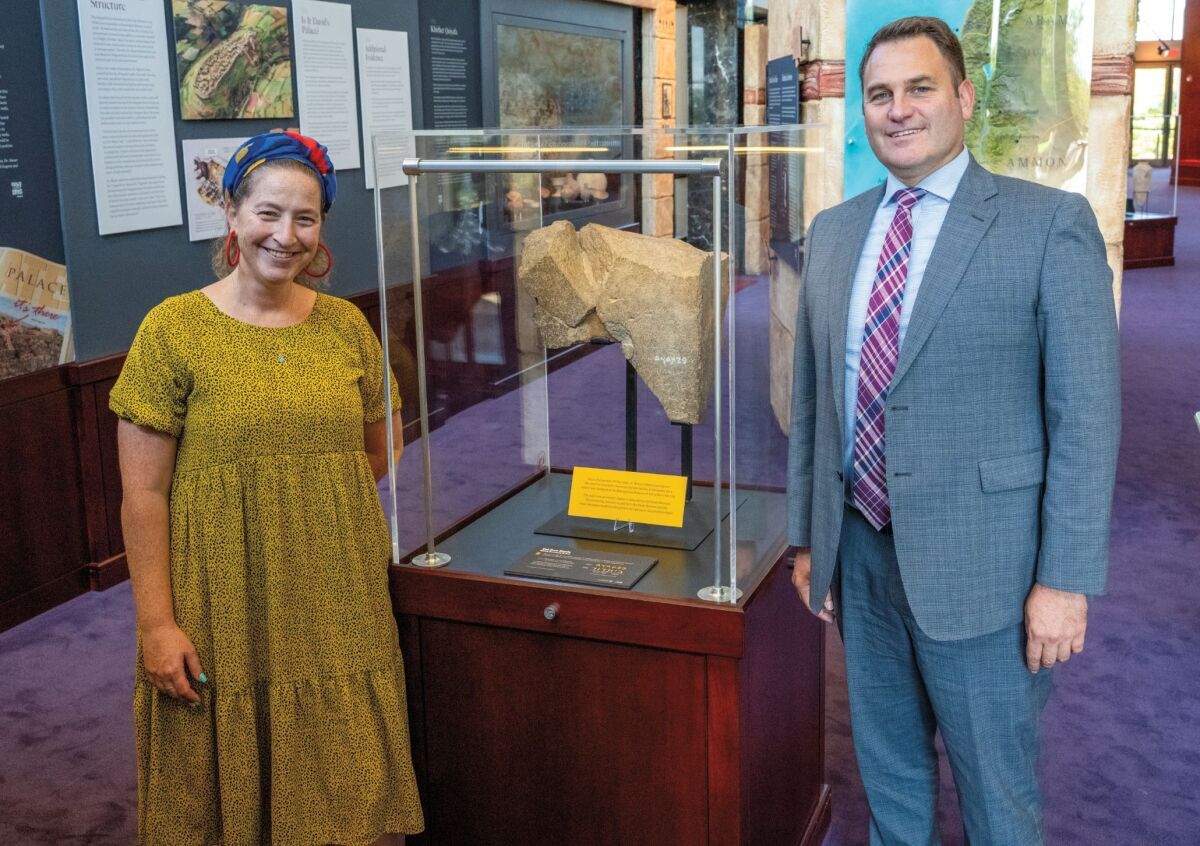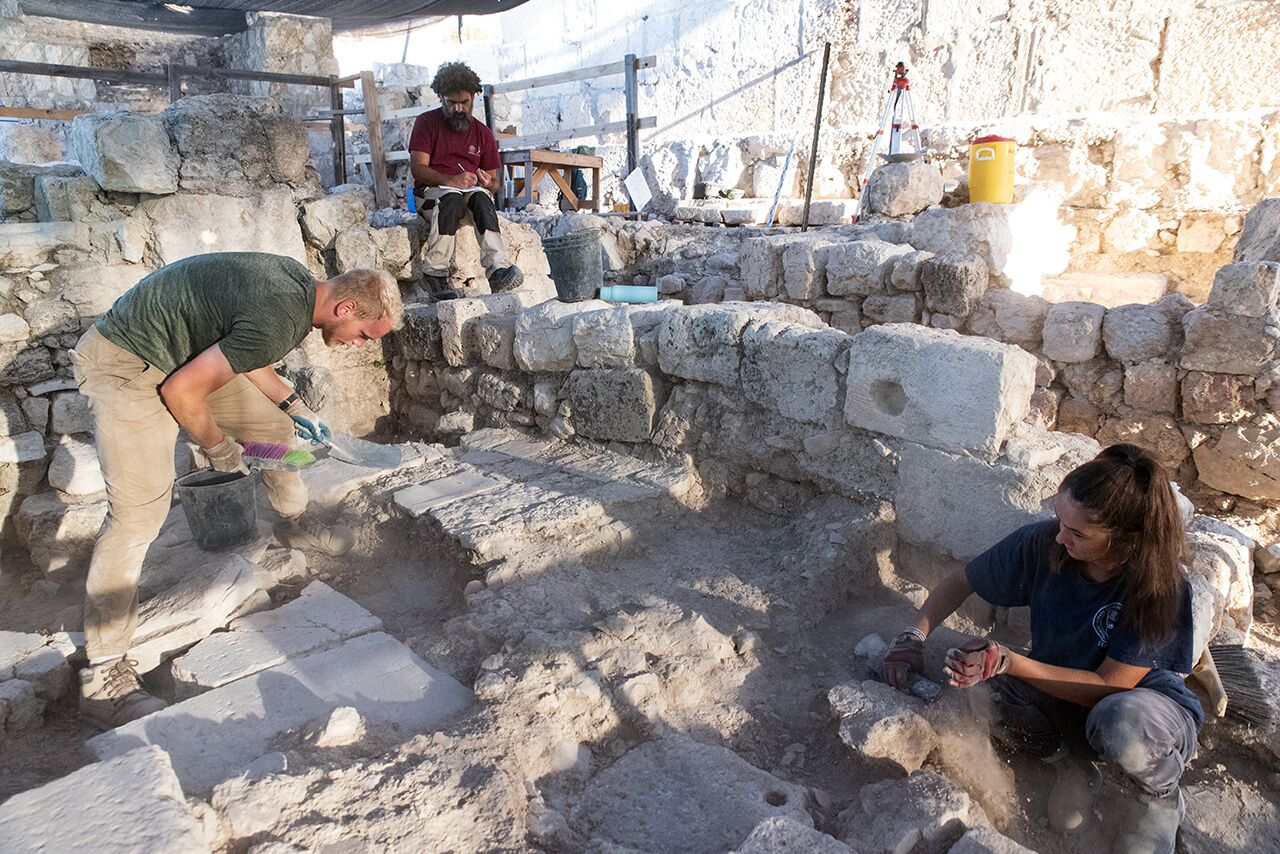This is an extraordinarily challenging and sobering time for Israel. The nation is engaged in an intense war with Hamas, Hezbollah and Iran—a three-headed genocidal war machine that seeks Israel’s annihilation and the extermination of the Jewish people.
To make matters worse, Israel hasn’t received much wholehearted or meaningful support from the international community, including its longtime allies. There was an initial outburst of encouragement following the shocking events of Oct. 7, 2023, but this quickly turned tepid.
This is a pivotal moment for Israel. Nothing less than the preservation of the Jewish people and the sovereignty of the Jewish state is at stake. While the people of Israel understand they are fighting for their lives, many people outside of Israel fail to get this. This means we do not understand another stark, much more personal, reality: This war is also a pivotal moment for Western civilization—and the outcome will impact all of us.
The Armstrong Institute of Biblical Archaeology (aiba) is not political. We do not support a particular politician or political party, and we avoid political discussion or debate. This magazine, sent to 81 countries, has readers from every faith, race and political persuasion. We appreciate and respect every single reader.
aiba’s primary focus is on exploring and sharing Israel’s biblical archaeology. Through this magazine, our website and our various archaeological enterprises in Israel, we show that archaeology complements the Hebrew Bible and that the Hebrew Bible complements archaeology. We show how science and archaeology bring the Hebrew Bible and all that it encompasses—its history, its poetry and writings, its prophets—to life. And we show how the biblical text can bring the practice of archaeology to life. Again, we are not political.
But today we all face a sobering reality. This assault on Israel is, at the same time, an assault on the Hebrew Bible and on archaeology. It is an assault on the field of biblical archaeology.
We must strive to fully comprehend the stakes. Those seeking Israel’s destruction do not merely seek the eradication of the Jewish people or the sovereign nation of Israel; they seek the destruction of the history and identity of the Jewish people. Given the opportunity, they would vanquish even the memory of the Jews and their presence in Jerusalem and the Holy Land. For the people of Israel, the horrors perpetrated by Hamas last year made this reality extremely personal, which is why the large majority recognize the need for war.
But this is personal for the rest of the world too, especially the West. Why? Because the assault on Israel is an assault on Western civilization. How? It’s simple: Israel’s history is our history.

No other people or place on Earth can make this claim. The history of Israel, and more specifically the history and teachings of the Hebrew Bible, is pivotal to the identity of Western civilization. The Jewish people have made invaluable contributions in various fields, including religion, philosophy, science, literature and ethics. Judaism, one of the world’s oldest monotheistic religions, laid the groundwork for the development of Christianity. The Jews and the Hebrew Bible have shaped and molded Western culture and thought, influencing everything from morality to politics, medicine to justice to religion.
The effort to eradicate Israel isn’t merely a war on a sovereign nation or group of people. It is an attack on the Western world, on our history, culture and origins. It’s an attack on the land of our earliest forefathers: on the prophets, kings and apostles who define our religious, political, cultural and philosophical beliefs—on the book that defines who we are and supplied many of our morals and values. When we talk about our Judeo-Christian heritage, we are talking about Jerusalem and the Holy Land, the land of the Hebrew Bible.
This is why the events unfolding in Israel are so deeply personal. And this is why aiba supports the State of Israel and the Jewish people.
This is not to say Israel or its government is above reproach. Israel’s government and leadership—like every nation and every government—have major flaws and defects. But we believe that Israel, its land, people and history are supremely important to Western civilization. Why? One reason is that Israel’s story is our story.
There are many reasons why this is so crucial. Let me give you one, from the perspective of our field of biblical archaeology. In many ways, Israel’s war for survival and our efforts to uncover and document Israel’s history in the Holy Land are the same effort, and they mutually reinforce each other. Here is one example, from one of the most towering men in the Hebrew Bible.
A Lesson From King David
King David is one of the most famous figures in world history. Even today, 3,000 years on, he remains a household name. If the West created a Mount Rushmore of its greatest figures, one could make a strong case David should be on it.
The life and history of David, recorded and expounded throughout the Hebrew Bible and perpetuated in the Western psyche for 3,000 years, has significantly influenced the religion, politics and culture of Western civilization. David’s life embodies the enduring themes of leadership, faith and human fallibility. For thousands of years David has been a symbol of unity, strength and physical and moral courage; flawed but humble, and bestowed with divine favor—he is a prototype of the ideal king.
The psalms of David, which are some of the greatest, most enduring literature ever published, have formed the basis of so many of our religious teachings and traditions and have enriched the lives of millions. Culturally, David’s narrative has inspired countless works of art, literature and music, from medieval manuscripts to modern adaptations. There’s Michelangelo’s famous sculpture, Caravaggio’s masterful David and Goliath painting, and the myriad literary references to Israel’s king by iconic authors like Shakespeare, Milton and Dickens.
David was a warrior-king, a poet and musician, a shepherd and farmer, a husband and father. He was the patriarch of an enduring royal dynasty, one that echoes into modern times. The Bible records that David was unique, exceptional, a “man after God’s own heart”—yet his life also epitomizes the human condition, one so familiar to us all: conflicted, flawed, incomplete.
King David was an epic figure—but was he real?
There was a time when this question was widely debated. Many scholars were convinced that David was a work of fiction and that the Hebrew Bible was unusable as a historical source. In 1992, Bible skeptic Phillip Davies summarized the view of many scholars when he published a book in which he wrote: “Whoever is living in the Palestinian highlands around 1000 b.c.e. [the time of David and Solomon] they do not think, look or act like the people the biblical writers have put there. They are literary creations” (emphasis added).
This was an assault on David and the Hebrew Bible.
Unfortunately for Davies, the timing of this scorching denunciation couldn’t have been worse. About six months after his book was published, the “house of David” inscription was discovered in Tel Dan, causing an earthquake in the world of biblical archaeology and Bible scholarship. The “house of David” inscription is the key that unlocks the archaeology of King David!

After the discovery of the Tel Dan Stele, the conversation around Israel’s greatest king suddenly and dramatically changed. Scholars could no longer claim King David, the kingdom of Israel or the “house of David,” was a work of fiction, a “literary creation.” Since 1993, the conversation (and debate) has revolved around the nature of—the size, the power and influence, the regional importance of—Israel under King David and his descendants.
The discovery of the “house of David” inscription reveals the importance of archaeological excavation and biblical archaeology. Think about the ramifications of not excavating Israel’s biblical sites. What if the excavations at Tel Dan had never happened? What if the “house of David” inscription were never found? What if biblical archaeologists like the late Dr. Eilat Mazar and Prof. Yosef Garfinkel, and before them Prof. Yigael Yadin and Prof. William Albright, were never able to excavate?
This is exactly what those seeking Israel’s destruction want.
Without archaeology, it’s likely that King David would now be widely dismissed as a “literary creation,” a fictional figure in a fictional story. What would that mean? If David were accepted as fictional, then the biblical text would also be fictional. There would be no Davidic dynasty, no King Solomon, no kingdom of Israel. The biblical text would have little-to-no credibility as a historical source. The text most responsible for shaping and defining huge parts of Western civilization would be dismissed as myth.
Israel’s war against enemies who seek to eradicate Jewish history and archaeology dramatically highlights the importance of biblical archaeology. Biblical archaeology is some of the strongest evidence of the accuracy and trustworthiness of the Hebrew Bible. And the biblical text documents the history of the Jewish people—and to a great degree, the history of the Western world.
This is why biblical archaeology is so crucial. It establishes Israel as a people and as a nation. And the Jewish people, through the writings, teachings and traditions of the Hebrew Bible, establish many Western peoples as nations.
The Prophet Isaiah, writing more than 200 years after David died, emphasized the importance of his life and legacy: “Behold, I have given him [David] for a witness to the peoples, A prince and commander to the peoples” (Isaiah 55:4). Notice, King David is “a witness to the peoples”—that is, David’s sublime example is for all nations, peoples and races.
It is the same with biblical archaeology. This isn’t a field of study for Jews or Christians only. And it’s not solely for the religious, or “believers.” You don’t need to be religious to observe and appreciate the intersection of archaeology and the Hebrew Bible. Biblical archaeology is a wonderful “witness to the peoples”—to every open-minded person willing to study and learn about history. And not just the history of the Jewish people, but the history and origins of Western civilization.

